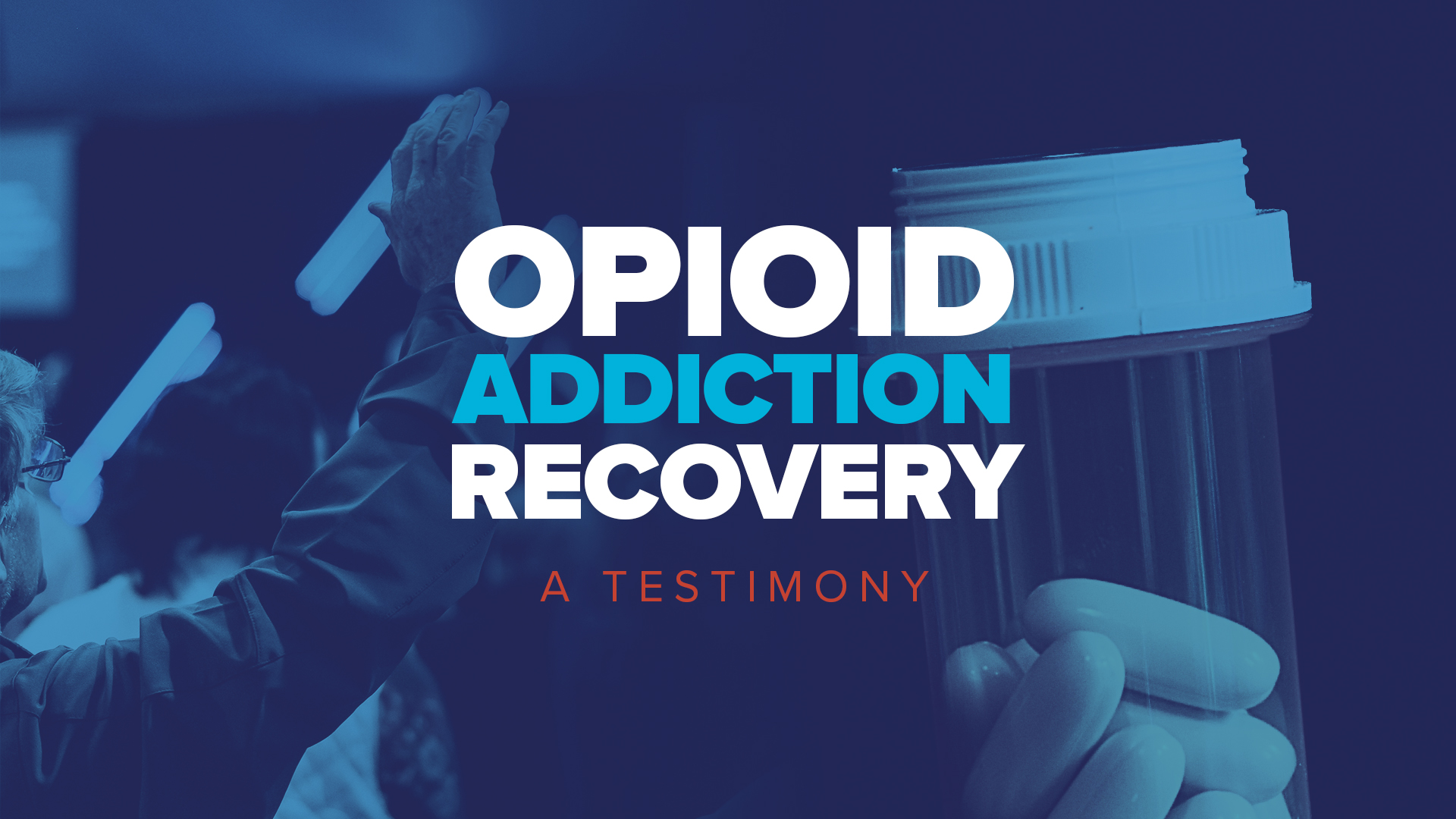Amateurs Addiction Rehab But Overlook A few Simple Things
Alberto
0
1
2023.12.12 19:10
 Introduction:
Introduction:Alcohol withdrawal is a state of being which takes place when individuals abruptly stop or substantially lower their particular liquor intake after extended times of heavy-drinking. It's a complex and possibly deadly condition that impacts millions of people globally. This report is designed to offer a thorough overview of alcohol detachment, including its symptoms, treatment plans, and management methods.
Signs and symptoms of Alcohol Withdrawal:
The beginning and severity of alcohol detachment signs differ among people, depending on elements including the amount and length of drinking and your general health. Typical medical indications include tremors, anxiety, frustration, sickness, vomiting, insomnia, increased heart rate, and sweating. In serious situations, individuals can experience hallucinations, seizures, or delirium tremens (DTs), a potentially deadly problem characterized by agitation, confusion, hallucinations, and fluctuating amounts of awareness.
Treatment Plans:
Whenever dealing with alcohol withdrawal, it is necessary to get medical guidance and assistance. The main aim of treatment is to safely handle withdrawal symptoms, prevent complications, and facilitate the change to sobriety. Medical experts can evaluate the severity of symptoms and determine the correct degree of treatment. In mild situations, outpatient treatment might administered, while more severe instances may require hospitalization.
Medicines widely used in alcohol detachment treatment consist of benzodiazepines, that assist reduce anxiety, relieve symptoms, preventing seizures. Various other medicines including antipsychotics, anticonvulsants, and beta-blockers is used to manage particular signs or co-occurring circumstances. In addition, vitamin supplements, specially thiamine (vitamin B1), tend to be recommended to stop or treat prospective inadequacies involving exorbitant alcohol consumption.
Control Tips:
And health interventions, numerous strategies can be employed to control alcohol withdrawal successfully.
1. Supportive Care: Offering a supporting environment encourages a sense of security and convenience. Including making sure appropriate nutrition, moisture, and rest, and keeping track of essential indications and dealing with any health complications that may happen during withdrawal.
2. Psychotherapy: Searching for psychological state support, such as for instance counseling or psychotherapy, can play a vital role in dealing with fundamental emotional or emotional issues that donate to alcoholic beverages dependency. These interventions assist individuals develop dealing techniques, control triggers, and establish healthier options to alcoholic beverages.
3. Rehabilitation Programs: participating in rehab programs, including inpatient or outpatient treatment centers, provides an organized and supporting environment for individuals searching for lasting data recovery. These programs usually incorporate medical treatments, guidance, and peer support to address the real, psychological, and personal areas of alcoholic beverages Amphetamine Addiction.
4. Follow-up Care: After completing initial detox and treatment, people should consistently seek continuous treatment. This may involve taking part in organizations, attending regular therapy sessions, and getting follow-up evaluations to make sure proper actual and mental health.
Conclusion:
Alcohol withdrawal is a difficult problem that will require medical help and comprehensive help. Understanding the symptoms, treatments, and administration methods can greatly help with assisting people properly navigate the withdrawal process and achieve long-term recovery. By giving appropriate treatment and sources, we can improve the results for many trying to overcome alcoholic beverages addiction.